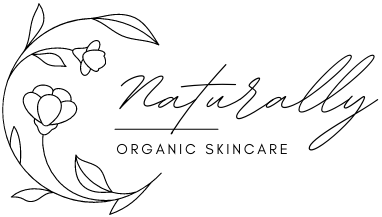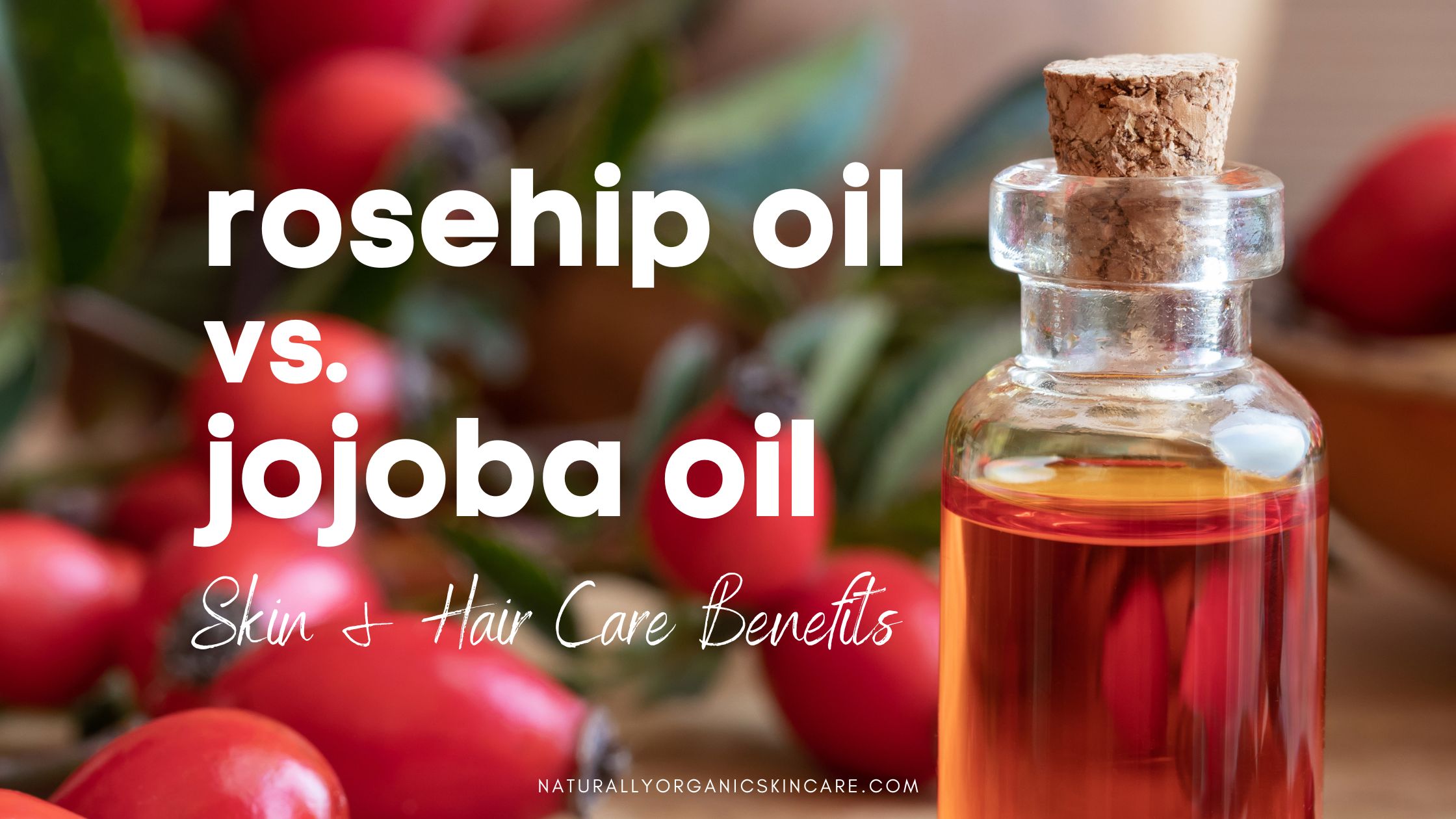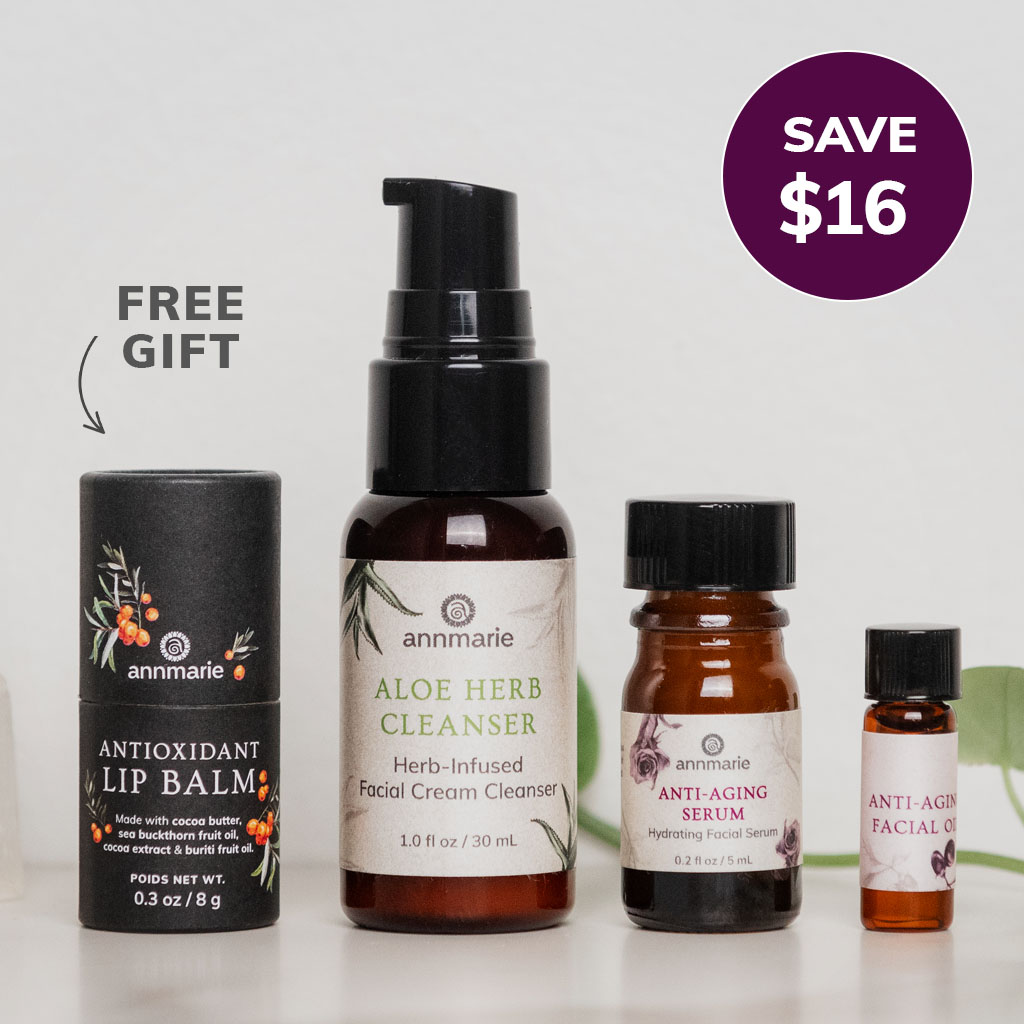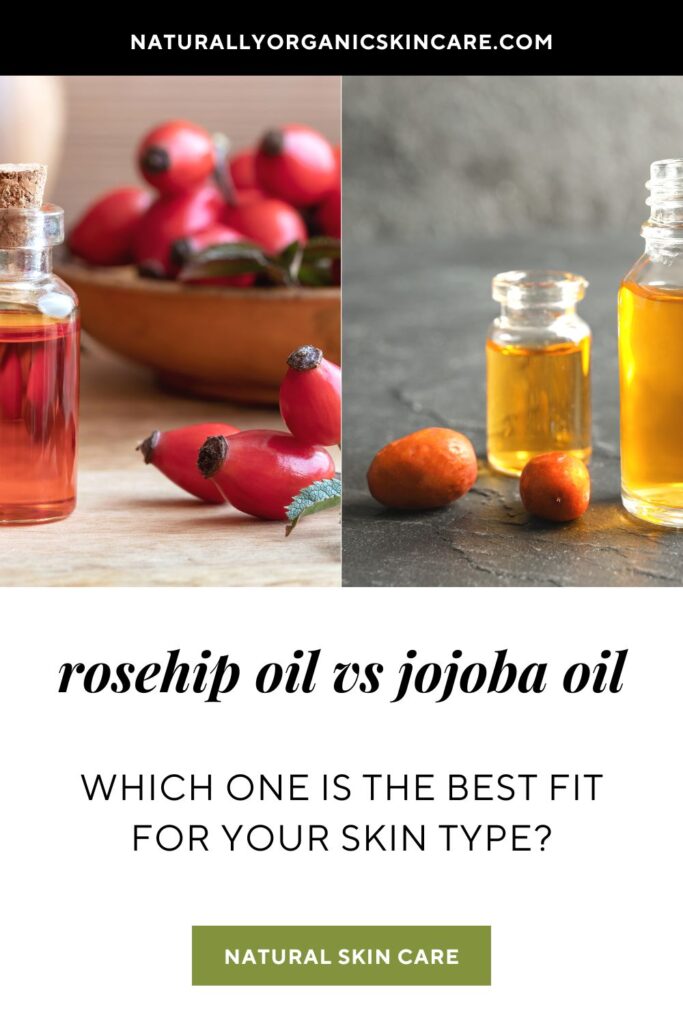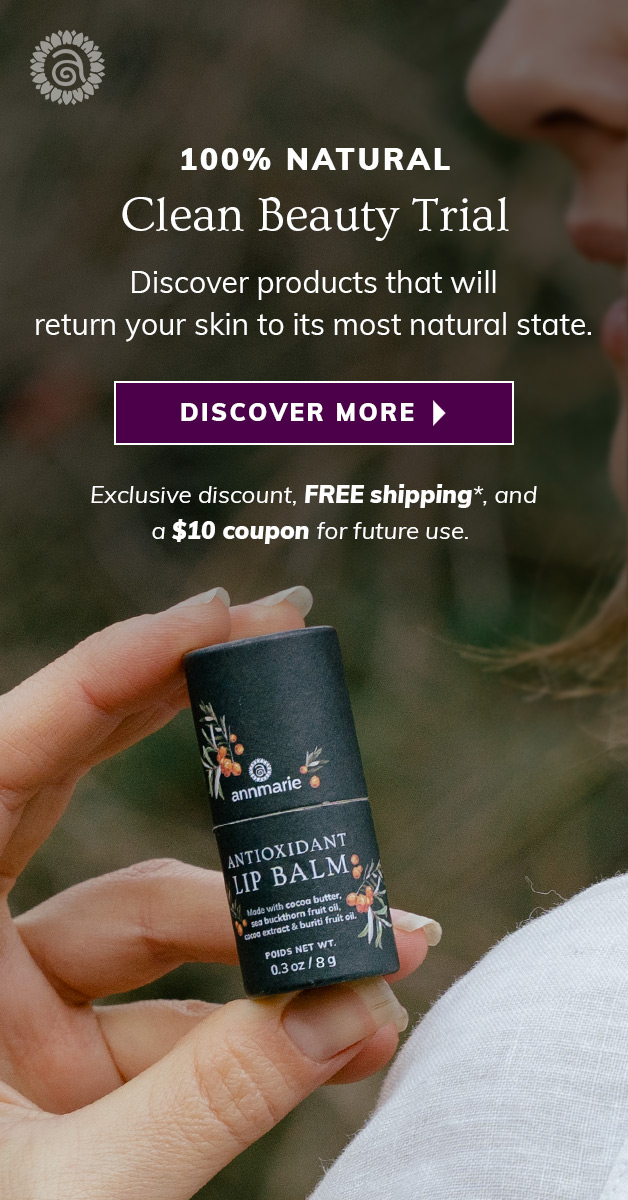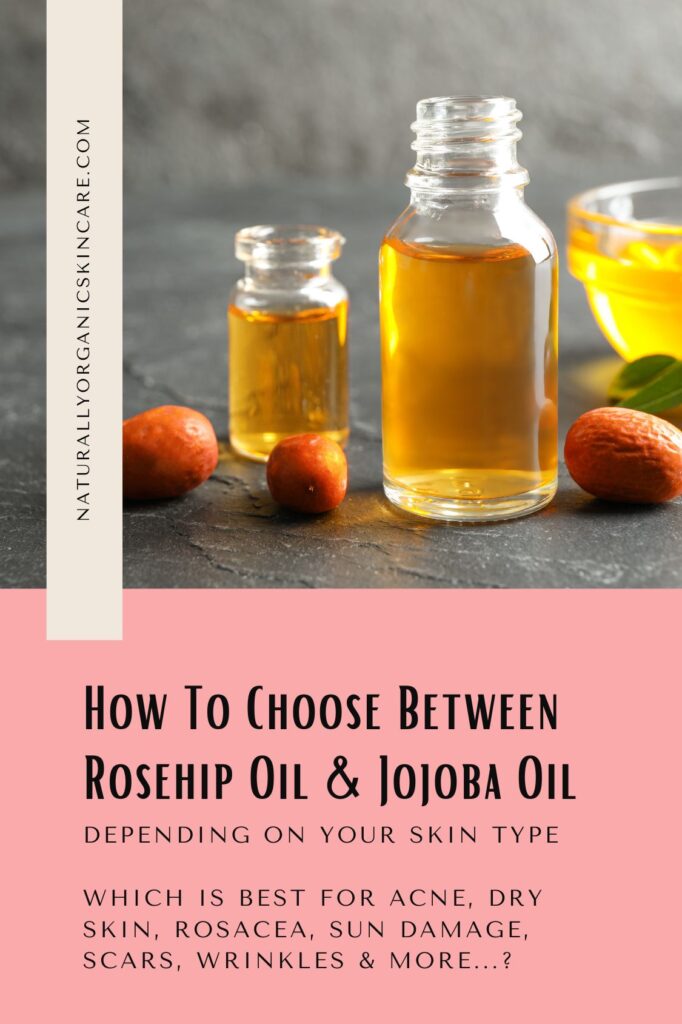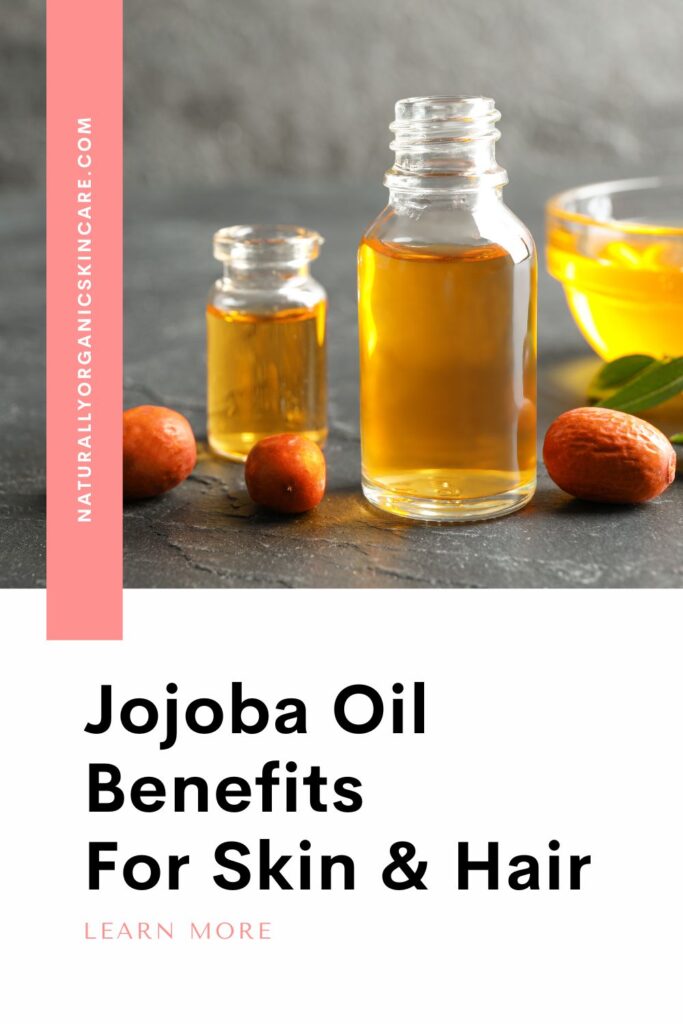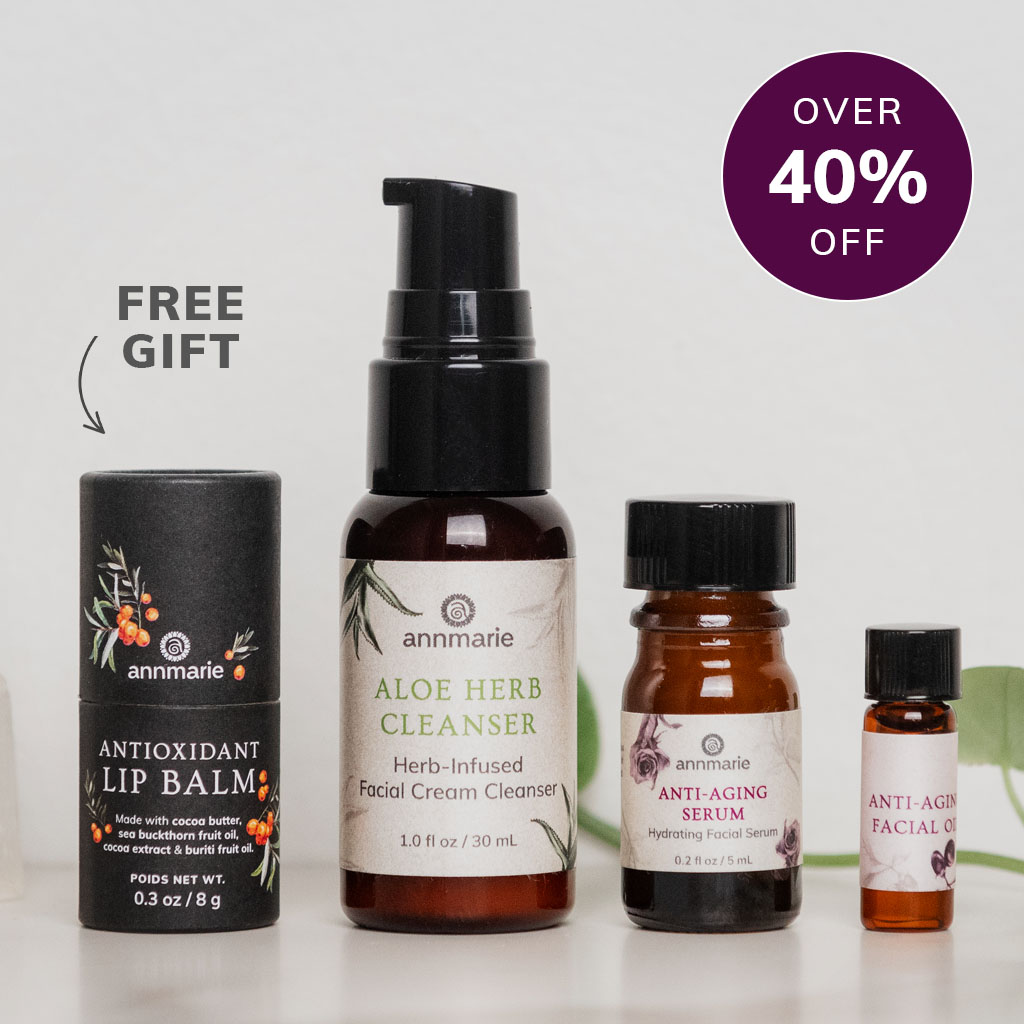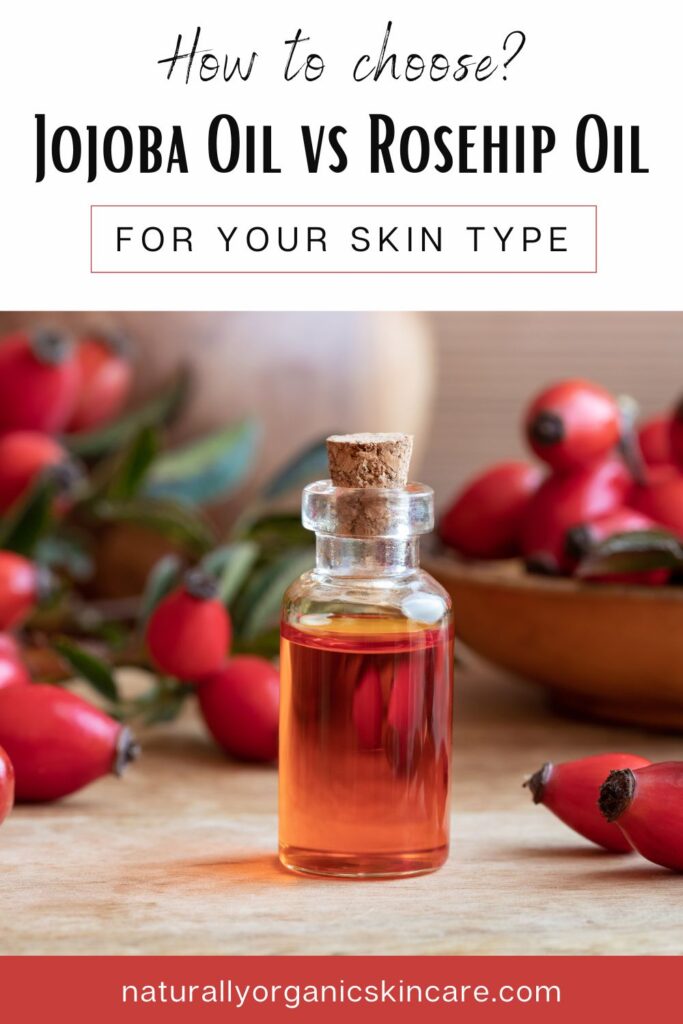There are so many botanical oils, it can be a little overwhelming to pinpoint the ones most suited to your skin type. In this article, we’ll take a closer look at rosehip oil vs jojoba oil, comparing two amazing oils and their benefits.
Rosehip seed oil and jojoba oil are both excellent oils for skincare. You’ll find them in many beauty products. Both are versatile oils and very useful. There are also a few key differences between the two.
Let’s take an in-depth look at their properties and what they can do for our skin and hair. Read on to find out what might make these oils a good fit for your skin type!
Table of Contents
- Quick Overview
- What is Rosehip Seed Oil?
- What is Jojoba Oil?
- Linoleic And Oleic Acid
- Interactions & Their Effects On The Skin
- Rosehip Seed Oil Vs Jojoba Oil: Face-Off
- Which is best for the skin?
- Which is best for hair?
- Rosehip Oil Vs Jojoba Oil In Skincare
- Rosehip Oil Skin Benefits
- Jojoba Oil Skin Benefits
- Rosehip Oil For Hair Care
- Jojoba Oil For Hair Care
- Conclusion
Quick Overview
While jojoba oil is one of the best carrier oils, with an incredibly long shelf life, Rosehip oil has some impressive properties to benefit the skin, making it a tight race.
Jojoba oil is antioxidant, anti-acne and antipsoriasis, anti-inflammatory, wound healing, antifungal, and antimicrobial. If you have oily or acne-prone skin, give this oil a try.
Rosehip oil is rich in vitamin A and retinoids. It also contains carotenoids, which help create new skin cells, and vitamins C, E, and F as well as essential fatty acids. Altogether, these are a great ally against, premature aging, hyperpigmentation, dehydration, and even acne due to their anti-inflammatory properties.
For aging or mature skin, dark spots, sun damage, and overall dry skin, I can not recommend rosehip oil enough.
When looking at the two oils next to each other, the best way to harness their amazing benefits might just be to combine them. Both these oils can have positive effects on scars, by the way.
What is Rosehip Seed Oil?
Rosehip seed oil is extracted from seeds of the edible fruit of the Rosa rubiginosa or Rosa canina rose bushes. Different types of rosehip oil are made from either the whole fruit or just the seed. It is a light, golden-colored oil that has a slightly nutty scent.
Rosehip oil is rich in:
- Linoleic Acid (Omage 6)
- Alpha-Linolenic Acid (Omega 3)
- Oleic Acid (Omega 9)
- Palmitic Acid
- Stearic Acid
- Vitamin A, vitamin C, and vitamin F
Rosehip oil is:
- Regenerating (it improves cell turnover)
- Soothing to dry skin
- Anti-inflammatory
- Skin-brightening
- Easily absorbed by the skin
- Antioxidant & anti-aging (helps to counteract free radicals)
- Skin-softening and healing
What is Jojoba Oil?
Jojoba oil is derived from the seeds of the Simmondsia chinensis, or jojoba, a plant native to Mexico and North America. Native Americans in the southwestern United States have a long history of using jojoba in various forms.
What we refer to as jojoba oil is, in fact, a liquid wax that is similar in composition to human sebum and is one of the few plant oils that does not easily oxidize and spoil.
Jojoba oil is rich in:
- Vitamin B, vitamin C, and vitamin E
- Copper
- Zinc
- Oleic Acid
Jojoba oil is:
- Soothing
- Antimicrobial
- Anti-inflammatory
- Moisturizing
- Wound healing
Linoleic And Oleic Acid
Before we further dive into the skin and hair benefits of rosehip oil and jojoba oil, I’d like to take a fast glance at some background. Time for a little chemistry class!
Oh no?
Oh yes. But don’t worry, it’s not boring – really. If you’re the slightest bit of a beauty nerd and wondering “why” at every claim made by skincare brands, you’ll be delighted to get this quick overview of the components in rosehip and jojoba oil that make things the way they are.
Merely being told that a certain oil is good for acne-prone skin, or anti-aging, or has some effect on dark spots is all fine and dandy. But why?
While oils can be rich in vitamins, minerals, and other components, it is mainly their linoleic and oleic acid content that determines whether they are a good fit for your skin.
Linoleic acids are unsaturated omega-6 acids, and oleic acids are monosaturated omega-9 acids. Linoleic acid absorbs easily into the skin. It’s a better option for oily, acne-prone, and sensitive skin. However, oleic acid is thicker and feels rich. That benefits those with dry, dehydrated, and aging skin.
Studies have shown that those with oily skin tend to lack linoleic acid in their skin. Now, when you have oily skin, the instinctive reaction is to stay as far away from anything oily as possible.
The crazy thing is that oil can actually benefit oily skin and make it… less oily. To balance the deficit in linoleic acid, try using an oil high in linoleic acid, such as rosehip oil. It won’t happen overnight, but given a little time, you should see an overall decrease in the oiliness of your skin, plus less acne. Isn’t science cool? It’s like magic – and it used to be, until we understood better how things worked.
Oleic Acid is used to hydrate and lock in moisture. As an anti-inflammatory substance that stimulates wound healing, oleic acid can also help calm, balance and help repair skin. Oleic acid also contains compounds that reinforce the integrity of cell membranes. Damaged conditions with eczema, rosacea, and psoriasis can benefit from oleic acid.
However, even with that said, it’s not always an exact science.
Interactions & Their Effects On The Skin
Rosehip oil is very high in linoleic and linolenic acid – two types of fatty acids. In the case of acne-prone or oily skin, you’ll want to find oils (such as Rosehip) that are rich in linoleic acid. Whereas for dry and aging skin, you’d want to find oils rich in oleic acid.
Jojoba oil does score higher in oleic acid, though it has a more balanced profile. That, in combination with some of its other properties, would explain why it can still be a good fit for oily acne-prone skin.
Research shows oleic acid may disrupt the skin’s barrier function and even lead to dermatitis after continuous topical application.
In light of this, it should be mentioned that jojoba oil indeed gets used as a so-called “penetration enhancer” – helping other ingredients reach deeper layers of the skin.
Just because something is all-natural, that does not exempt us from having an allergic reaction. However, I have yet to come across a reaction to jojoba oil (used as skincare) in a person.
I’ll bet on jojoba oil against synthetic mainstream cosmetics any day. On a personal note, cosmetics have caused dermatitis, and jojoba oil has only ever healed my skin. But it’s something I found in a scientific extract that seems worth mentioning.
I also found the image below through the aforementioned study. Isn’t it brilliant? Such a great overview of the various components of oils, and what they might help the skin with.
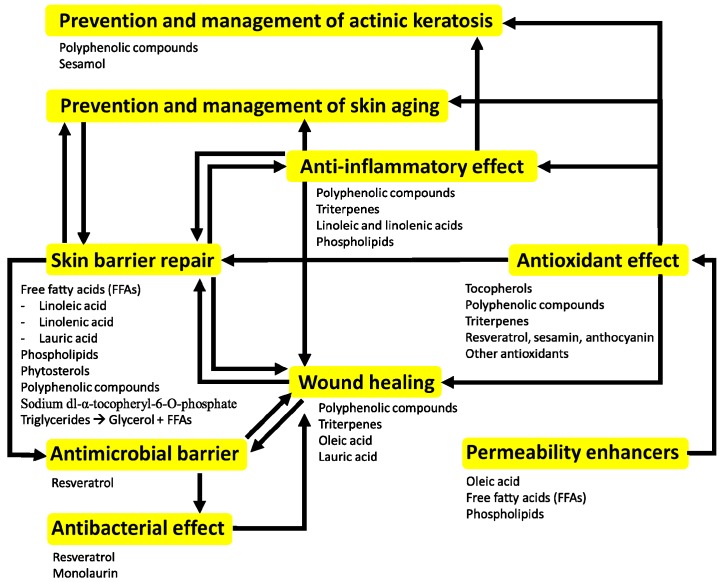
This is about as far down the chemistry rabbit hole as we’re going today.
In the comparison of rosehip oil versus jojoba oil, these are the reasons why each may tend to perform a certain way on your skin. While it paints a general picture, on a more personal level, few things can beat some good old trial and error.
Rosehip Seed Oil Vs Jojoba Oil: Face-Off
Both oils are worth a try Especially since both these oils may have something good to offer to almost every skin type.
If we were comparing olive oil or almond oil, the verdict would be clear-cut: good for dry skin – maybe, good for oily, acne-prone skin – not so much.
Rosehip seed oil benefits dry skin because it is rich in essential fatty acids and antioxidants. Rosehip oil is an excellent natural moisturizer that is easily absorbed into the skin. This means it can be a good fit for oily skin, too.
It helps to improve the appearance of wrinkles, fine lines, and scars while also providing anti-aging and skin-regenerating benefits. All of those are wonderful for mature skin, while also potentially helpful for blemishes and acne scars.
Jojoba oil is hydrating and non-comedogenic, meaning it will not clog pores. It also helps to reduce inflammation and can be used to calm skin irritations. It’s easy to see why this oil would be a true friend to oily and acne-prone skin, right?
Don’t be surprised if you see jojoba oil as an ingredient in anti-aging skincare, though. Being unique in that it is so similar to the skin’s natural oil (sebum), this oil is a real multitasker.
In the face-off between rosehip oil versus jojoba oil, there’s no winner or loser. Some oils would end up each “owning” a distinct part of the skin-care scene. Even that is not the case here, since both oils are versatile and have something to offer to a range of different skin types.
Which is best for the skin?
If you are looking for some clear input on what to do, here you go: for skin care, try Rosehip Oil. If for whatever reason you don’t love it, jojoba oil is a dependable backup.
That’s not merely my personal bias. And even if it is to some extent, the entire natural beauty market is with me on this! Rosehip seed oil is amazing for the skin.
It can help with acne and inflammation, encourage healing and fade scars, nourish dry skin, boost collagen production, and brighten sun damage or dark spots.
Jojoba oil is superb but does not have the skin-brightening properties rosehip oil has.
It is known to be extremely gentle and not likely to cause any allergies, which makes jojoba a carrier oil that is suited the even the most sensitive of skins. (Whereas rosehip oil has an ever-so-slightly higher chance to cause a reaction.)
Of course, the above applies only if you are limiting yourself to using a single oil. In the case of jojoba versus rosehip oil, it’s hard to beat a combination of the two!
Mixing your own blend is an option (half-half, or in any other ratio); treating yourself to some epic natural skin care products is a possibility, too. Be sure to check below, where I’ve added:
- the best oils in every price range
- favorite clean beauty products containing rosehip and/or jojoba oil.
Which is best for hair?
For hair care, rosehip oil and jojoba oil both bring nourishment to the table. Applying some oil to your locks or scalp can improve shine, help clear up dandruff, and even add strength and bounce.
Claims of an increase in hair growth and filling in bald spots should be taken with a grain of salt, though. Neither rosehip oil nor jojoba oil is a miracle worker like that.
As far as hair care and hair growth go, it is important to look at the complete picture. You can’t expect wonders from these natural oils, while also subjecting your hair to color treatments and/or shampoos full of nasty chemicals.
However, rosehip and jojoba oil can help restore the natural health and balance of your hair and scalp when used as part of a complete overhaul and hair care detox.
Rosehip Oil Vs Jojoba Oil In Skincare
Is Rosehip Oil Or Jojoba Oil Better For Scars?
When applied to the skin, rosehip oil can help improve skin regeneration and repair by stimulating collagen production. Collagen is an essential protein that provides structure and elasticity to the skin. It helps to reduce the appearance of scars by promoting the growth of healthy new skin cells, which can replace damaged or scarred skin tissue.
Rosehip oil is also a rich source of essential fatty acids, such as omega-3 and omega-6 fatty acids. These fatty acids are important for maintaining healthy skin because they help to maintain the skin’s moisture barrier, which can help to reduce the appearance of scars by keeping the skin hydrated and nourished.
Then, there’s jojoba oil. Because it is rich in Vitamin E it is also an excellent choice to treat scars.
Vitamin E is a powerful antioxidant and important for promoting healthy skin regeneration. This can help to improve the appearance of scars by encouraging the growth of new skin cells. Jojoba oil’s natural wound-healing properties combined with its vitamin E content could minimize the appearance of scars.
Another benefit of jojoba oil for scars is its ability to soothe and calm the skin. Scars can be accompanied by itching, redness, and inflammation, which can make them more noticeable. Jojoba oil has anti-inflammatory properties and can help to reduce redness and inflammation, which can help to make scars less visible.
However, it is important to note that while both rosehip oil and jojoba oil may help reduce the appearance of scars, seeing results may take some time and persistence, and not completely eliminate them.
Which Oil Is Better For Age Spots, Hyperpigmentation & Sun Damage?
This is where rosehip oil shines – though since we’re talking about sun damage, I’d like to specify that is not an intended pun.
One of the ways that rosehip oil can help with hyperpigmentation is through its high concentration of vitamin A, also known as retinol. Vitamin A is a powerful antioxidant that can help to promote healthy skin cell turnover and regeneration. This can help to fade dark spots and improve the overall texture and tone of the skin.
Rosehip oil is also rich in vitamin C, which is another potent antioxidant. Vitamin C can help to brighten and even out the skin tone by reducing the production of melanin. It can also help to protect the skin against free radical damage, which can contribute to the formation of hyperpigmentation.
In addition to its antioxidant properties, rosehip oil is also a rich source of essential fatty acids, such as omega-3 and omega-6 fatty acids. These fatty acids can help to nourish and hydrate the skin, which can help to improve its overall texture and appearance.
Rosehip Oil vs Jojoba Oil For Stretch Marks
Between the regenerating, healing, and moisturizing properties of jojoba oil, as well as its high vitamin E content, and the regenerating properties of rosehip oil combined with high levels of vitamins A, C, and F, the ideal solution for scars could be a mixture of the two.
For best results (but no messy blending!) try to use one in the morning and one for evening applications on stretch marks.
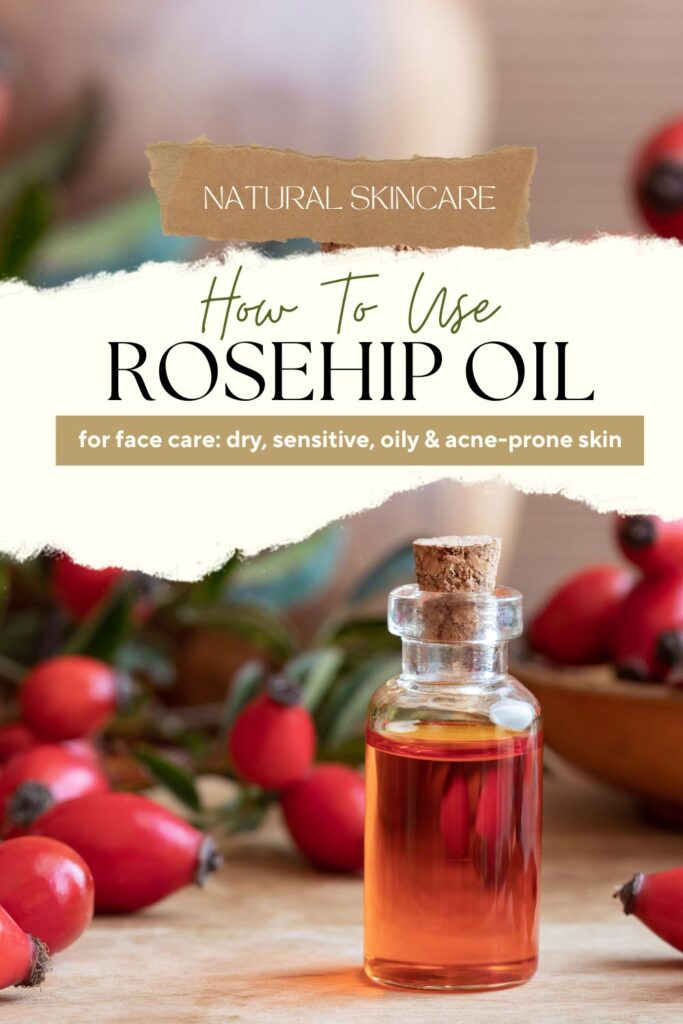
Rosehip Oil Skin Benefits
The benefits of rosehip oil are all the hype in natural and organic skincare lately.
Rosehip Oil For Dry Skin
Rosehip seed oil is an incredibly nourishing oil with an impressive nutrient profile. It is a rich source of essential fatty acids, specifically omega-3 and omega-6 fatty acids, which help to nourish, repair, and protect the skin.
It also contains vitamins A, C, and E as well as antioxidant carotenoids, which help to protect the skin from environmental damage.
Rosehip Oil For Mature Skin (Anti-Aging)
Rosehip seed oil is a great natural moisturizer for all skin types, from dry to oily, and from sensitive to mature skin. It helps to reduce the appearance of scars and wrinkles, as well as moisturize and nourish the skin.
It is an effective anti-aging oil, as it helps to reduce the appearance of fine lines and wrinkles while also promoting collagen production.
Rosehip Oil For Sensitive Skin
With all cosmetics, it is recommended to do a patch test. Even when they are single ingredients, and purely natural. Apply a little bit to a small area of the skin to test for any allergic reactions.
Of the two, jojoba oil is probably less likely even to cause any reaction, as it is the most gentle and neutral one of the two.
In the rare event that you would appear allergic to rosehip oil, there are many other great oils to explore for skin care. This is, however, very unlikely.
Rosehip oil is one of the most gentle, natural products one could put on their skin, especially in comparison with the junk that’s out there. What is much more likely is that your sensitive skin will drink it up and look all the more radiant, glowing, and nourished for it.
Rosehip Oil For Oily Skin & Acne
Rosehip oil can help reduce inflammatory acne and clear your skin. If there are scars – newer or older ones – it can even help to get rid of acne scars, as linoleic acid can help reduce hyperpigmentation in certain scars.
As an anti-inflammatory, rosehip oil may be able to reduce swelling and fluid buildup, which makes it a good oil to treat inflammatory acne.
Rosehip oil has a comedogenic rating of 2, which is considered low. The high amounts of vitamin A and linoleic acid help regulate sebum production, which can help prevent blackheads and whiteheads from forming.
Jojoba Oil Skin Benefits
Jojoba oil is technically a liquid wax ester – not an oil. It has a molecular structure most similar to our skin’s sebum.
Jojoba oil is an incredibly versatile oil that is beneficial for all skin types. It is a natural emollient that helps to hydrate and nourish the skin, while also being fairly non-comedogenic and reducing inflammation. Jojoba oil is also rich in vitamins and antioxidants, making it a great oil to use for skin protection.
Jojoba Oil For Oily & Acne-Prone Skin
The unique composition of jojoba oil also makes it beneficial for oily, acne-prone skin. It helps to regulate oil production and prevent clogged pores, making it an ideal oil for those with acne-prone skin. It also helps to reduce inflammation and soothe skin irritation.
Jojoba Oil For Mature Skin & Anti-Aging
As the skin ages, it can become drier and lose some of its natural moisture. Jojoba oil can help to hydrate the skin and provide it with essential moisture, leaving it soft and supple.
Being rich in antioxidants such as vitamin E, jojoba oil can help to protect the skin from free radical damage. Free radicals contribute to the signs of aging and can cause fine lines and wrinkles.
While jojoba oil can definitely be used on its own, for even more anti-aging properties combined, you can blend a few of your favorite carrier oils, or add some essential oils to it to make your own facial oil. Check out 7 Amazing Anti-Wrinkle Essential Oils + How To Use Them for some inspiration & tips.
Jojoba Oil For Sensitive Skin
Allergic reactions to jojoba oil are virtually unheard of. It has a unique chemical profile, which makes this oil a safe bet for even the most sensitive skin. Technically a liquid wax, this “oil” is most similar to human sebum.
Try a little bit of pure jojoba oil to soothe any skin type that is having a rough time – for whatever reason. Whatever ails it, chances are jojoba oil will leave the skin in a better state than it found it.
Rosehip Oil For Hair Care
When it comes to hair care, rosehip oil can:
- Moisturize hair, help with moisture retention, and promote hair growth (due to linoleic acids/omega 6).
- Maintain hair’s softness and suppleness, stimulate the growth of thicker and stronger hair, and decrease dandruff (due to oleic acids/omega 9)
- Soften hair (due to palmitic acid)
- Condition and protect hair from stress and damage (due to stearic acid)
If you have a dry or itchy scalp, try using rosehip oil directly on the scalp to help eliminate dandruff. Being a dry oil, it’ll get absorbed easily without weighing the hair down.
Jojoba Oil For Hair Care
Jojoba oil is a popular ingredient in hair care products due to its moisturizing, nourishing, and protective properties. Here are some of the ways that jojoba oil can be beneficial for hair:
- Moisturizing: Jojoba oil is an excellent moisturizer that can help to hydrate and nourish the hair. It can penetrate the hair shaft, providing it with essential moisture and leaving it soft and shiny.
- Conditioning: Jojoba oil can also help to condition the hair, making it more manageable and reducing the risk of tangles and breakage. It can help to smooth the hair cuticle, leaving the hair feeling silky and smooth.
- Protecting: Jojoba oil contains natural antioxidants, such as vitamin E, that can help to protect the hair from damage caused by free radicals. This can help to prevent breakage and promote healthy hair growth.
- Controlling dandruff: Jojoba oil has anti-inflammatory properties that can help to soothe an itchy and flaky scalp. By reducing inflammation, jojoba oil can help to control dandruff and other scalp conditions.
- Promoting hair growth: Jojoba oil contains essential fatty acids that can help to nourish the hair follicles, promoting healthy hair growth. It can also help to strengthen the hair, reducing the risk of breakage and promoting the growth of longer, healthier hair.
Overall, jojoba oil can be an effective ingredient in hair care products due to its ability to moisturize, condition, protect, control dandruff, and promote hair growth. It can be added to shampoos, conditioners, or hair masks, or applied directly to the hair as a leave-in treatment.
Conclusion
When it comes to natural skincare and beauty products, rosehip seed oil and jojoba oil are two of the most popular oils used in the industry.
Both of these oils have a variety of benefits and can be used for various skin types, including dry skin, oily skin, acne, mature skin, and sensitive skin. Use them as face oil, for hair care, or massage some into the scalp.
It has to be said that they work well together. For many skin care uses, there’s an opportunity to let the two join forces instead of seeing it as a matter of rosehip oil versus jojoba oil.
If you’ve never used oil before, try some rosehip seed oil. As a so-called dry oil, it absorbs well, which makes this wonderful oil a good choice for oily skin types and dry skin conditions alike. I see it as one of the most likable skincare oils for beginners!
The benefits of jojoba oil are undeniable. As a healing oil with proven anti-bacterial properties, jojoba oil could be the right oil to treat acne, while it also protects from free radicals and improves a healthy skin barrier function.
The fact that these two oils are so compatible and have areas of overlap is nice. When you look at Argan oil vs Coconut oil, for example, the latter is very different. Coconut oil is far from ideal for everyone’s face. However, it is certainly cheaper than Rosehip, Argan, or Jojoba oil and worth looking at for hair and body care.
Here are a few other comparisons that you might find interesting:
- Argan Oil vs Jojoba Oil: Which One is Best for Skin & Hair?
- Mango Butter vs Shea Butter: Comparing Skincare Superpowers
- Best Carrier Oil for Sensitive Skin: 10 Top Choices for Gentle Care
- Essential Oils to Tighten Pores: The Secret to Smooth, Clear Skin
Now that you know more about the differences between rosehip seed oil and jojoba oil, their individual benefits, and how they can be used to improve the health and appearance of your skin and hair, I hope you’ll enjoy some good use of one or both oils.
